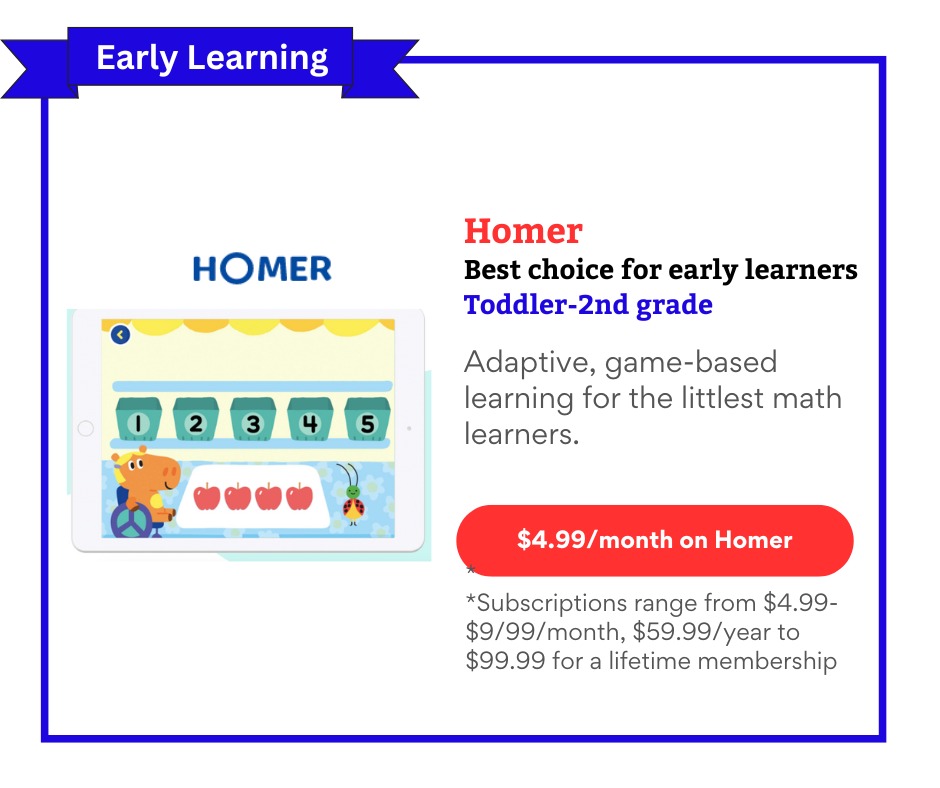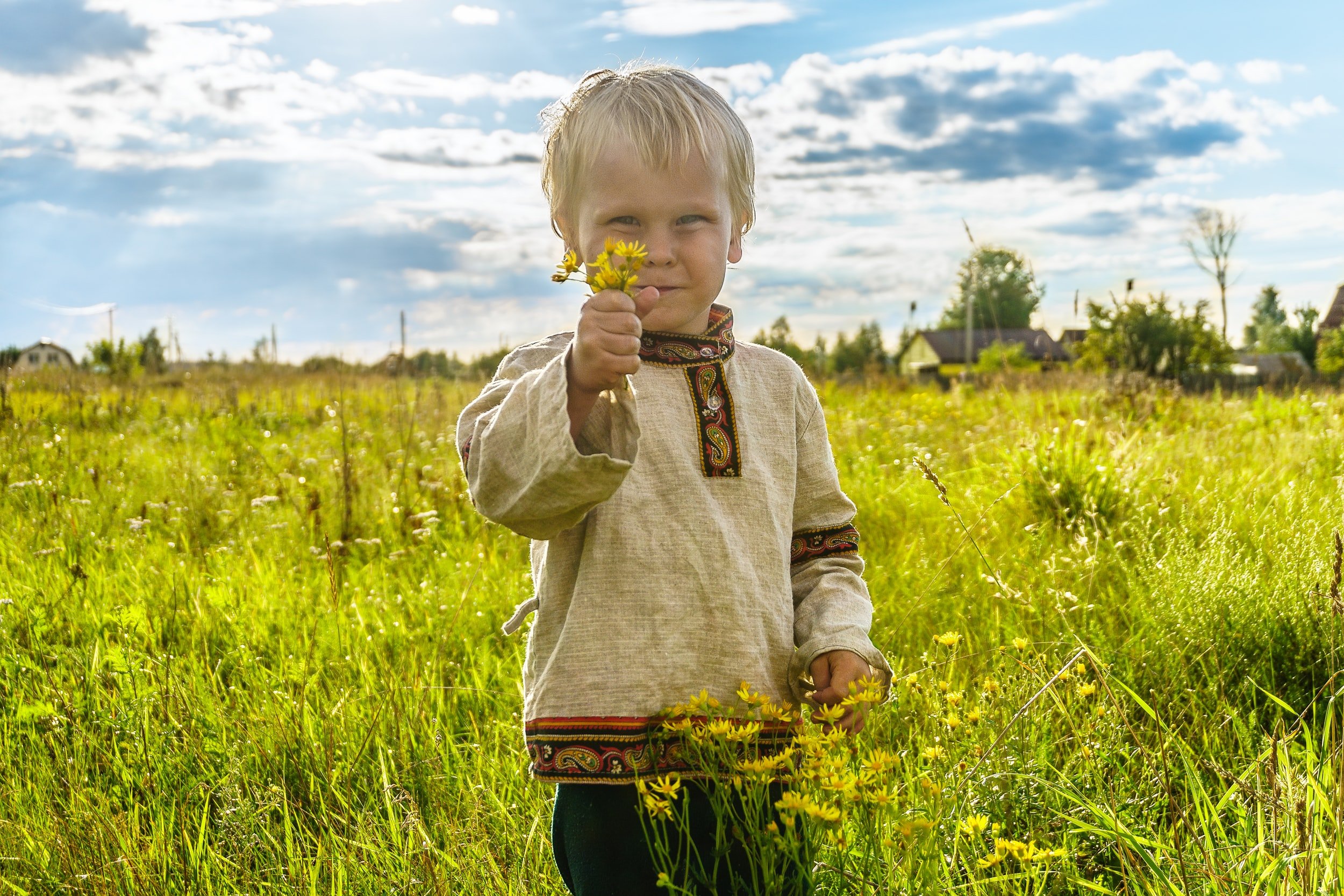Social-Emotional Development
Healthy social interaction is critical to a child’s healthy intellectual, social and emotional development. Play teaches social cognition, spatial awareness, creativity, communication skills and so much more! Peer modeling (learning from other children) and differentiate instruction (mixed ages of of children playing and learning together) are also indispensable tools to inspire and guide your child’s learning process. Any parent who has seen their younger child want to do everything the same as an older child has seen peer modeling in action! A longitudinal study at Harvard Institute for Play demonstrated that children who engaged in play in preschool were actually more likely to succeed academically than children who were taught academics. Discover resources to meet families who share your values, help your child cultivate healthy social relationships and nurture their natural love of play!
Play is central to how children learn: the way they make sense of their world; the way they form and explore friendships; the way they shape and test hypotheses about their intellectual, social, emotional, and physical environments. Much is known about the importance of play in children’s development, yet little research has explored what it might mean to put play at the center of formal schooling. - “Pedagogy of Play | Project Zero, Harvard University”




Explore Curiosity Untamed: an engaging badge-based homeschool curriculum that adapts to all ages, fostering lifelong learning through hands-on, real-world activities.